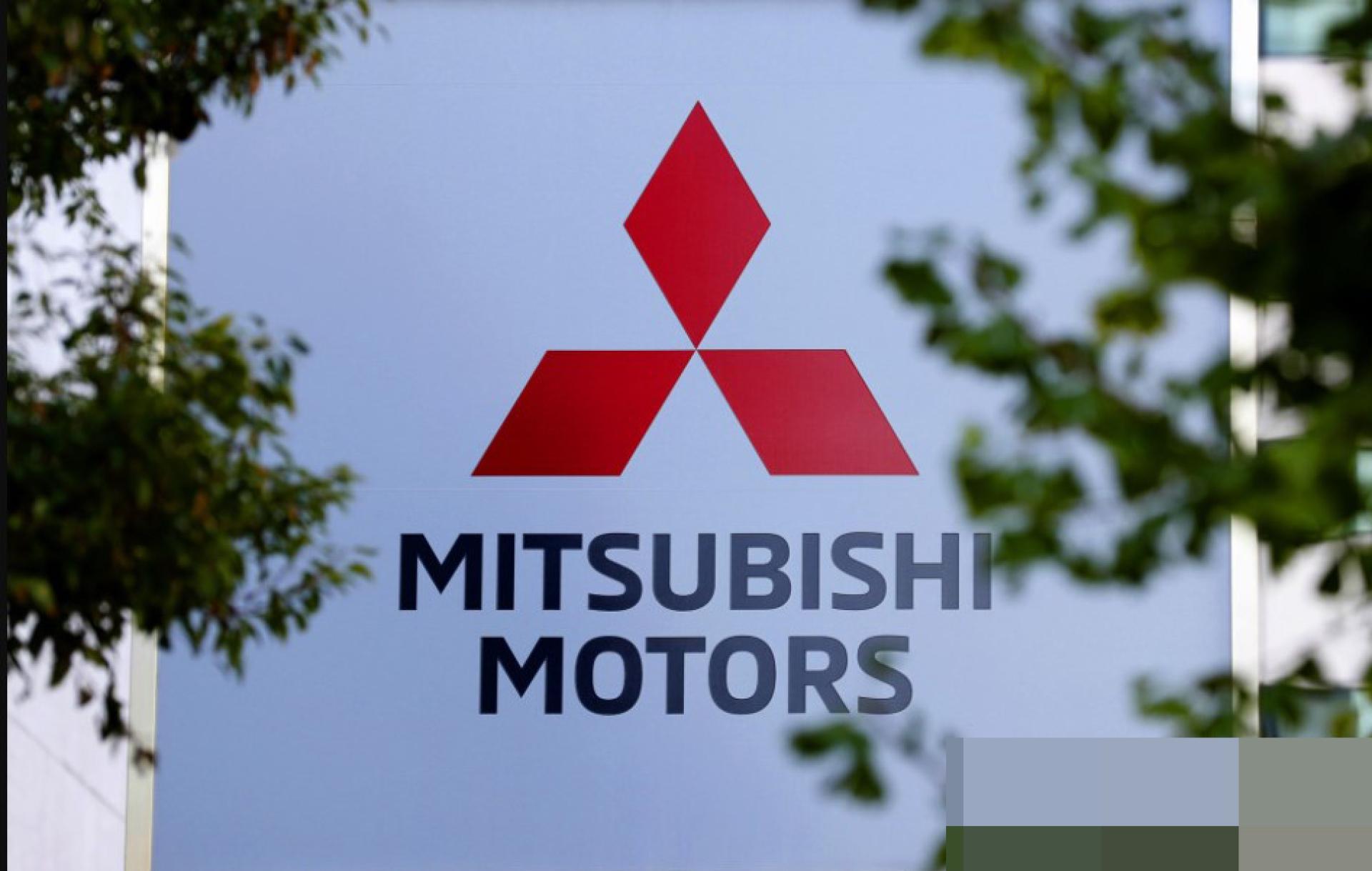Mitsubishi Motors Japan announced the end of its engine production in China, marking a complete withdrawal from the Chinese automotive manufacturing business.
According to reports from Japan's Kyodo News and Nikkei Chinese, Mitsubishi Motors announced on Tuesday (July 22) that it has dissolved its joint venture partnership with its Chinese counterparts, formally exiting the engine production business in China.
In 1997, Mitsubishi Motors established a joint venture company called "Shenyang Aerospace Mitsubishi Motors Engine Manufacturing" in Shenyang, Liaoning, together with China Aerospace Automobile and other enterprises, to provide engine products for Mitsubishi and local Chinese car manufacturers.
Although Mitsubishi had already withdrawn from vehicle production in China in 2023, shifting its focus to the higher-growth-potential Southeast Asian market, this joint venture factory continued to operate, supplying engines to local automakers. It is expected that after the dissolution of the joint venture, the factory will continue operations and employees will retain their positions.
As China's pure electric vehicle market expands rapidly, demand for traditional fuel vehicle engines has continued to shrink. According to International Energy Agency (IEA) data, pure electric vehicle sales in China increased by 20% year-on-year in 2024, with electric vehicles (EVs) and plug-in hybrid vehicles (PHVs) together accounting for nearly half of new car sales.
This decision by Mitsubishi marks the Japanese automotive giant's complete withdrawal from the Chinese automotive industry. As domestic Chinese brands such as BYD have risen strongly in recent years and competition in the electric vehicle market has become increasingly intense, the development space for Japanese automakers in China has been continuously squeezed. Nissan closed its passenger car plant in Jiangsu Province last year, and Honda has also successively closed its factories in Guangdong and Hubei.
According to reports from Japan's Kyodo News and Nikkei Chinese, Mitsubishi Motors announced on Tuesday (July 22) that it has dissolved its joint venture partnership with its Chinese counterparts, formally exiting the engine production business in China.
In 1997, Mitsubishi Motors established a joint venture company called "Shenyang Aerospace Mitsubishi Motors Engine Manufacturing" in Shenyang, Liaoning, together with China Aerospace Automobile and other enterprises, to provide engine products for Mitsubishi and local Chinese car manufacturers.
Although Mitsubishi had already withdrawn from vehicle production in China in 2023, shifting its focus to the higher-growth-potential Southeast Asian market, this joint venture factory continued to operate, supplying engines to local automakers. It is expected that after the dissolution of the joint venture, the factory will continue operations and employees will retain their positions.
As China's pure electric vehicle market expands rapidly, demand for traditional fuel vehicle engines has continued to shrink. According to International Energy Agency (IEA) data, pure electric vehicle sales in China increased by 20% year-on-year in 2024, with electric vehicles (EVs) and plug-in hybrid vehicles (PHVs) together accounting for nearly half of new car sales.
This decision by Mitsubishi marks the Japanese automotive giant's complete withdrawal from the Chinese automotive industry. As domestic Chinese brands such as BYD have risen strongly in recent years and competition in the electric vehicle market has become increasingly intense, the development space for Japanese automakers in China has been continuously squeezed. Nissan closed its passenger car plant in Jiangsu Province last year, and Honda has also successively closed its factories in Guangdong and Hubei.
